Physical vs Chemical exfoliation: What is more suitable for your skin?
Exfoliation - First Step in Skincare
Exfoliation is a crucial step in skincare but one that can be hard to figure out. There are a range of exfoliators to choose from and a range of benefits they provide. At the same time, it is critical to figure out your skin type before going through with it, or the process can be irritating and awful. Exfoliation can either be rejuvenating and feel-good, but when done wrong it can cause rashes, skin damage, redness, irritation, and a range of skin problems.
What is Exfoliation?
To put it in a simplified manner, exfoliation refers to the process of unclogging your pores by removing the excess dirt and dry skin cells that may get stuck in the upper layer of skin. You see, normally, our skin has a regenerating span of 30 days. This means that every 30 days the top layer of your skin is shed off gradually to make way for new smooth skin. This skin regeneration process is supported by bathing, washing, scrubbing, and so on as it makes way for new skin cells. These processes are all called exfoliation.

Why do we require exfoliation?
Now that we have learned what happens in skin regenerative cycles, here comes the tricky part: because of the dirt, pollution, or weather conditions we live in, this natural skin cycle can be disrupted. The dermis (top layer of your skin) does produce dead skin cells, but they get trapped in your pores. Dirt and oil can add to this problem, giving you congested skin that is prone to whiteheads, blackheads, and cystic acne. This is a more common problem with oily skin since oil can make it hard for impurities to slip away from your skin. Instead, they attract dirt and it sticks on it. These problems make exfoliating regularly, using a good face scrub and body scrub, a requirement for healthy and clear skin. We will discuss the benefits of exfoliation in detail in the next section.
Benefits of exfoliation
Smooth and clear skin
When you exfoliate your skin, your pores are effectively unclogged. Exfoliation smoothens the skin texture, resulting in baby-soft skin. Sweeping away dead and dry skin, as well as any other surface material that may have remained in clogged pores, prevents oil and dirt from collecting and removes existing blackheads and whiteheads. Doing this regularly enough guarantees you clear skin with an even skin tone. Who wouldn’t want that?!
Prevents acne and other breakouts
Since regular exfoliation unclogs your pores, the chances of future breakouts are low. It cleans your skin of all the bacteria that could cause big painful breakouts and saves you the stress of the long-lasting scar. In fact, exfoliation may even lighten your acne scars. Since it speeds up the skin regenerative process, your scars heal and peel off faster making way for clear and beautiful skin underneath. It is very important to use a good face scrub which has natural ingredients and is gentle on skin.
Aid other skincare processes
Often, when you apply moisturizer on your skin without exfoliating, it sticks to the dirt and dead skin cells. The goodness of your skincare products is not optimized when this happens. Therefore using a good face scrub for exfoliation is really important part of skincare regime. After exfoliation, all the dirt, oil, and bacteria are out of the way, making your skin as smooth and new as it can be. This enables better absorption of moisturizers, oils, serums, or whatever skincare product you use after it.
Keeps your skin young
Exfoliation with a good face scrub enables other skincare products to penetrate deep into your skin layers. This makes way for healthier and more nourished skin, and may prevent further damage. Therefore, fine lines and wrinkles are prevented, and youthful skin is preserved for longer. Additionally, exfoliation improves blood circulation to the skin surface. This improves collagen production, making sure your skin does not get saggy any time soon.

Instant glow
You might have a habit of exfoliating using the best face scrub, right before a big event is coming up, because it brings an instant glow and radiance to your face. The reason for this is obvious - excessive oil, dead skin cells, and clogged pores can make your skin look dull. When you exfoliate, all of these things are removed from your skin and your beautiful complexion illuminates bright and fresh.
How often should you exfoliate?
Alright, so we’ve learned that exfoliation is necessary. But how regularly should you be doing it? The simple answer to this is: you should be exfoliating as often as your skin can handle. We say this because even if a usual advisable number is given, some people might need more exfoliation because of their skincare needs. This goes especially for people with oily skin as they would need a face scrub to avoid breakouts. Moreover, some of us might be exposed to more pollutants, UV rays, and dirt than others. Here is a summary of points you should keep in mind when deciding how often you should do it: -
- Usually, exfoliating once a week is not enough. Exceptions can be applied to sensitive skin.
- Exfoliating 2-3 times a week is advisable for skin in general. More than 3 times is not encouraged since excessive exfoliation can irritate your skin by dehydration and inflammation. (Tip: Use a natural face scrub which is gentle on skin)
- If your skin is too oily or your environment demands it, you should exfoliate using a good face scrub or cleanse as often as it suits your skin.
- Dry or sensitive skin should be extra wary of exfoliating too often, especially physically. Doing it twice a week is ideal with good precautions and mild products.
What is Physical Exfoliation?
The best way to understand the concept is to take its word for it. Physical exfoliation is exactly what it sounds like: it includes any process that requires you to manually scrub out dirt and dead skin cells from your skin. This is usually what people view exfoliation as. You may already be doing this using loofah, face scrubs, body scrubs, and other similar products.

Physical exfoliation may also be referred to as manual or mechanical exfoliation. It includes products or materials like: -
- Pumice stone
- Loofahs
- Cleansing scrubs
- Micro-needling or micro derma rollers
- Body Scrub
- Coffee, sugar, and similar natural ingredients have a texture that can enable scrubbing.
- Microabrasion (a procedure of extracting pollutants from the skin using professional tools)
Physical exfoliation may seem effective at first because of the visible effort one puts into it and the instant glow afterward, but it comes with its set of both pros and cons.
Pros
- Physical exfoliation materials are easy to access and you are likely to reach for them when you feel that your skin needs a scrub.
- The results are immediate. You get oil-free glowing skin instantly and relatively effectively.
- For DIYs, physical exfoliation may sometimes be the only way to clean certain areas thoroughly. This especially goes for the soles of your feet and lips, which are areas that tend to have flaky skin.
- Mechanically scrubbing the skin stimulates blood circulation.
Cons
- Physical exfoliation can cause micro-tears in one’s skin if done too often and excessively.
- One needs to be careful about the materials one uses to physically exfoliate. Harsh scrubs can cause redness, irritation, and ultimately worsen skin problems.
- It is, as a general rule, not that suitable for sensitive skin. Harsh physical exfoliation is a complete no for sensitive skin that is more prone to be irritated.
DIYs using physical exfoliators
The “How To” for physically exfoliating may seem simple, but often the more obvious ways aren’t the best. For example, did you know that some fruit scrubs are bad for your skin and have an increased chance of irritating it? To give you some alternatives to manually exfoliate more safely, here are some easy at-home DIYs using physical exfoliators: -
Coffee scrub
Coffee and it’s refreshing smell do more than just keep you awake. It is a good source of antioxidants. Added to its benefits is its texture which makes up for a good exfoliator. To make a coffee face scrub, you can use: -
- 2 tablespoons of instant coffee powder
- 1 tablespoon of honey
- One half cut lemon
Mix the coffee and honey in a bowl to make a good paste. It does not have to be completely smooth, since granules help you scrub away more. Dip lemon into the paste and apply it in gentle circular motions all over your face. Pay extra attention to the crevices in your nose and your forehead. Take your time to scrub gently. After you are done, rinse your face with cold water. Follow with a toner and moisturizer. You can use this as a body scrub too.
Sea salt body scrub
Sea salt is a popular ingredient used in body scrubs because of its high mineral quantity and texture. For this body scrub you will need: -

- Half a mug of sea salt (ground)
- Half a mug of coconut oil
Mix these two ingredients well. When you’re in the shower or bath, go about as usual and use this paste to gently apply over your body in circular motions. Make sure to be gentle and rinse after you are done. Always apply a good amount of lotion afterward to avoid dryness. Be aware of not using this as a face scrub as it may be harsh on your face skin.
What is chemical exfoliation?
There exist some chemicals in skincare products that work in such a way that they dissolve your dead skin cells. When you apply these onto your skin, the dead skin cells and dirt rinse away and wash off with them. This process is called chemical exfoliation. Compounds called Alpha-hydroxy acids (AHAs), Beta-hydroxy acids (BHAs), and retinol are commonly known chemical exfoliants.
To add to the removal of dead skin cells from the top layer of skin, chemical exfoliators usually come with loads of nutrients that are good for your skin. Since they remove the dirt and impurities from the top layer, they allow these nutrients to penetrate deep into your skin layers. The same goes for skincare products used after chemical exfoliators.
Pros
- Chemical exfoliators are suitable for dry skin as they exfoliate without taking away moisture from the skin.
- If used correctly, they are suitable for sensitive skin too.
- They allow for moisture and nutrients to penetrate deep into your skin layers, providing you with healthy and radiant skin.
- It has been scientifically proven that chemical exfoliation boosts collagen production, which keeps your skin tight and devoid of wrinkles and fine lines.
Cons
- It is essential to do a patch test before using chemical exfoliators (especially if you are using it as a face scrub) to make sure you don’t have an allergic reaction. This goes for any new product you start to use.
- Though chemical exfoliation poses alternatives to the threats of physical exfoliation, overusing them can lead to the same kind of skin-irritating results as physical exfoliators.
Common chemical exfoliators and how to use them
It can be tricky to figure out what exfoliators to use and how to use them since not a lot of people know much about chemical exfoliation. Chemical exfoliators come in different forms.
- Alpha Hydroxy Acids - AHAs are commonly present in skincare products and are water-soluble acids, which is why they act as humectants (materials that attract water to the surface of your skin). With their exfoliating properties, AHAs can reduce hyperpigmentation, add radiance to your skin, prevent fine lines and wrinkles, and give you an even skin tone. Some examples of AHAs include lactic acid (present in dairy products), citric acid (present in citrus fruits like lemon, orange, and grapefruit), and glycolic acid (present in sugarcane). They make good face scrubs and body scrubs too.
- Beta Hydroxy Acids - BHAs are oil-soluble acids, meaning just like AHAs attract water, BHAs attract oil. This makes them an effective treatment for oily and acne-prone skin. Applying them and then rinsing them off results in oil-free and clear skin. They are also effective in reducing inflammation. Salicylic acid is the most common type of BHA.
- Retinoids - Retinoids are available in both oral form and topical forms. They are ingredients used to enable skin regeneration specifically and are a common form of acne treatment. They are high in Vitamin A and improve collagen production and hence a good option for a face scrub.
All of these chemicals are available in the market in form of exfoliants. Here are a general set of tips to keep in mind before investing in one of these: -
- For Dry Skin, face scrubs having AHAs are most suitable. Other skin types can also reap their benefits, but there might be other chemical exfoliators that would suit them better. This goes especially for glycolic acid, lactic acid, and salicylic acid (which is a BHA).
- For sensitive and oily skin, face scrubs containing BHAs are best suitable. This is because they tend to be less irritating than other alternatives. The citric acid (AHA) may also help with oil and acne.
- Retinoids are recommended for acne-prone skin
Conclusion: Physical Vs. Chemical exfoliation
Now that we know the pros and cons of both physical and chemical exfoliation, we are enabled to make a comparison. Both of these exfoliation methods are effective (if used correctly) and have their own sets of good and bad.
Physical exfoliators give you control over the pressure and amount of sensitivity you want to use for your skin. They are easier to access and a cheaper, quicker alternative to a face scrub. However, it is also as easy to go overboard with them and irritate or tear your skin.
Chemical exfoliation provides a seemingly advanced form of exfoliation when compared to manual. They provide you with a wide range of options to choose from for your skin type because physical exfoliation is advisable to be avoided for certain skin types. However, these exfoliants/ face scrubs should not be overused and what is suitable for you needs careful consideration. They are also comparatively harder to access.
We hope this blog answered all questions you may have had and helped you figure out what exfoliators you should be using for the best results according to your skincare needs. Now, go on! Exfoliate and keep your skin healthy.
Recommended Products:
Shubhr Gel Face Scrub with Almond Oil and Walnut for Deep exfoliation and Tan Removal


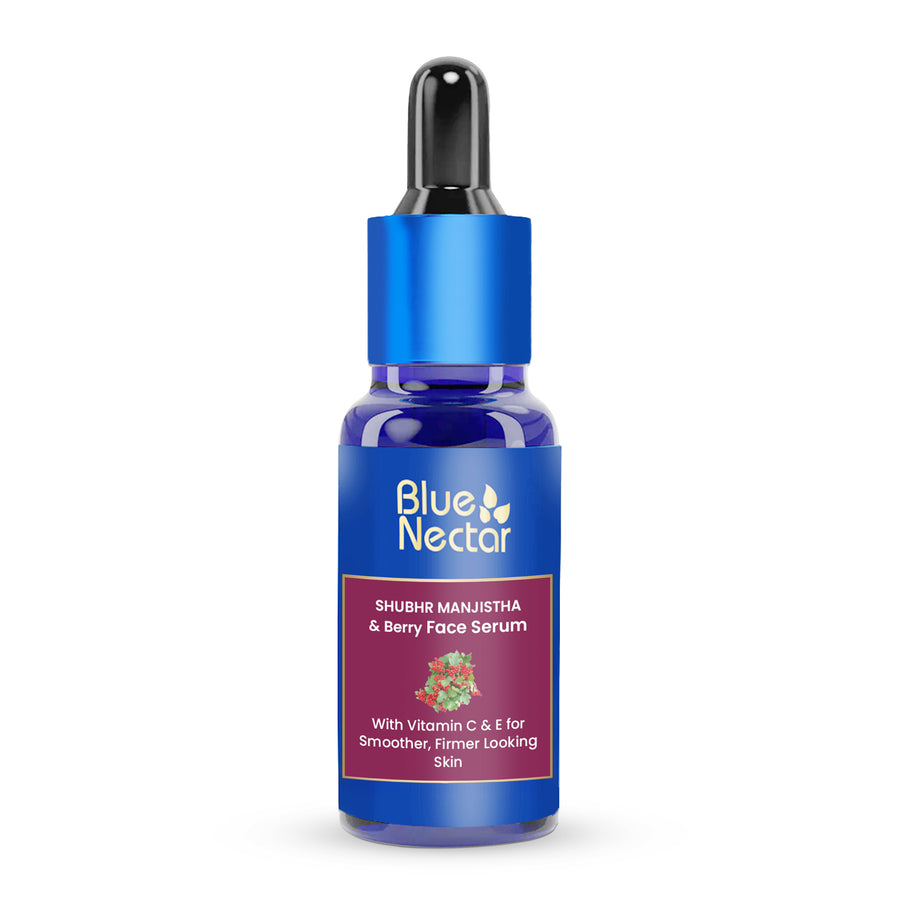
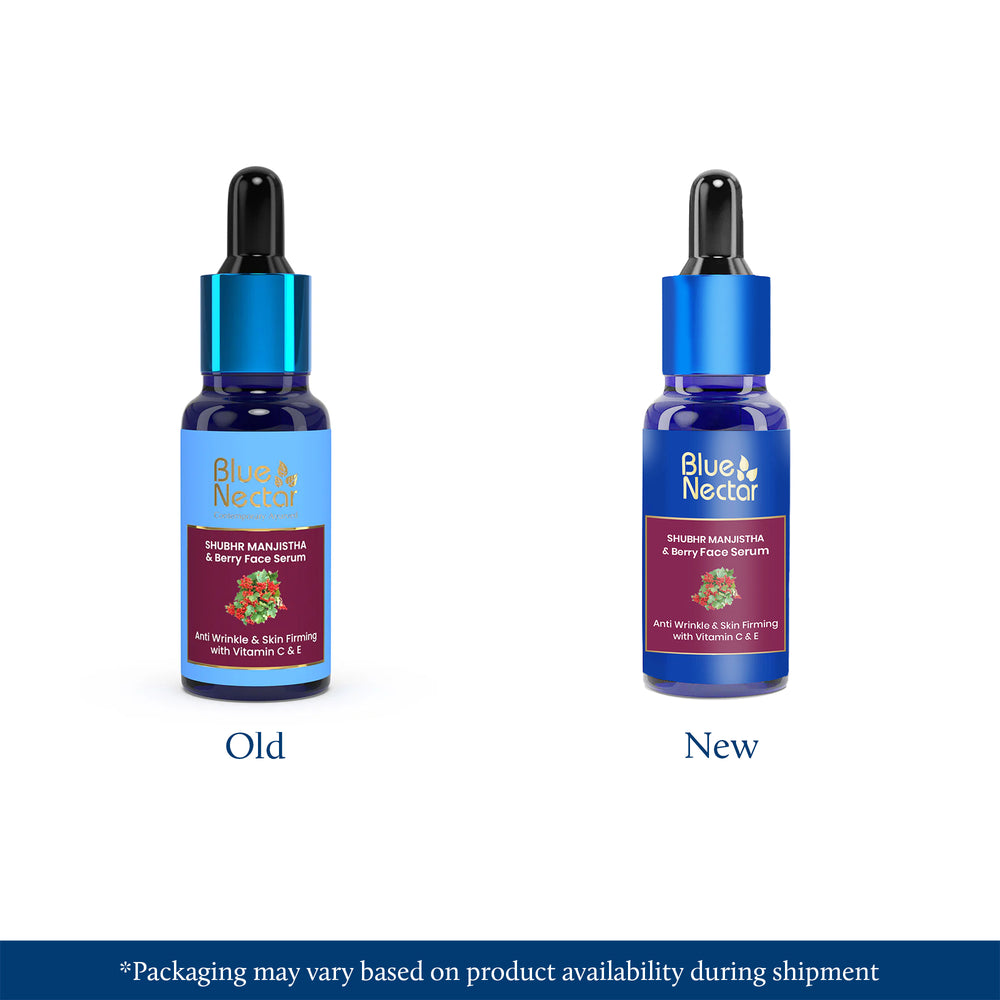
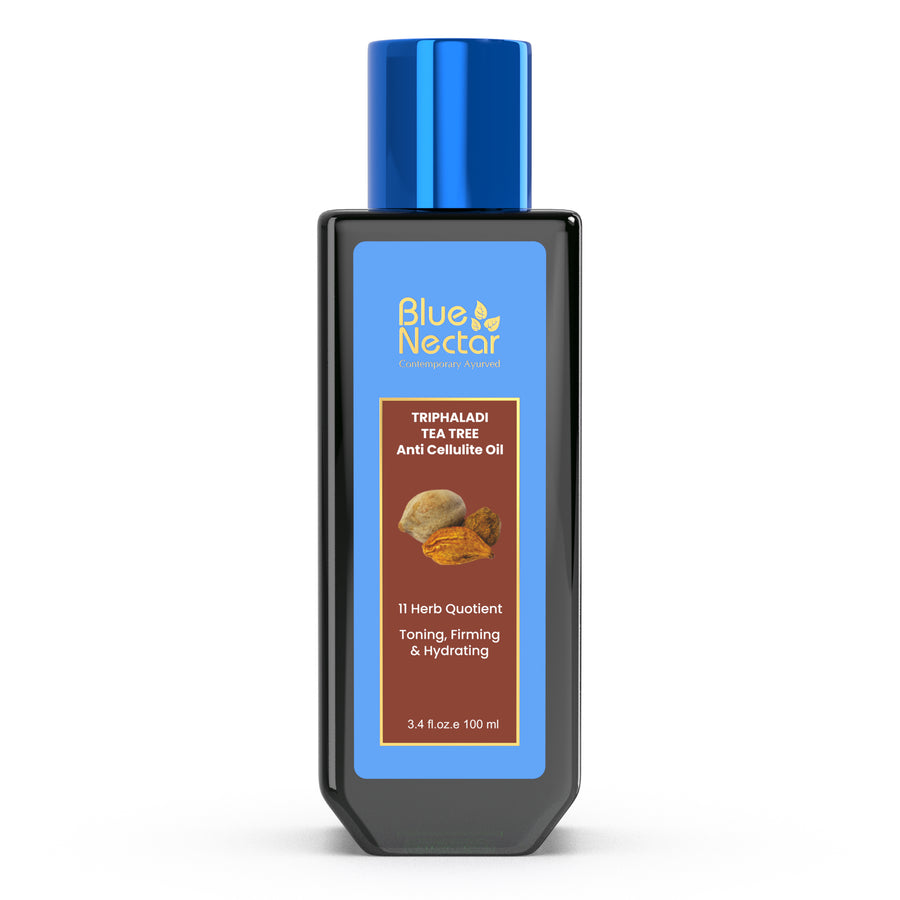
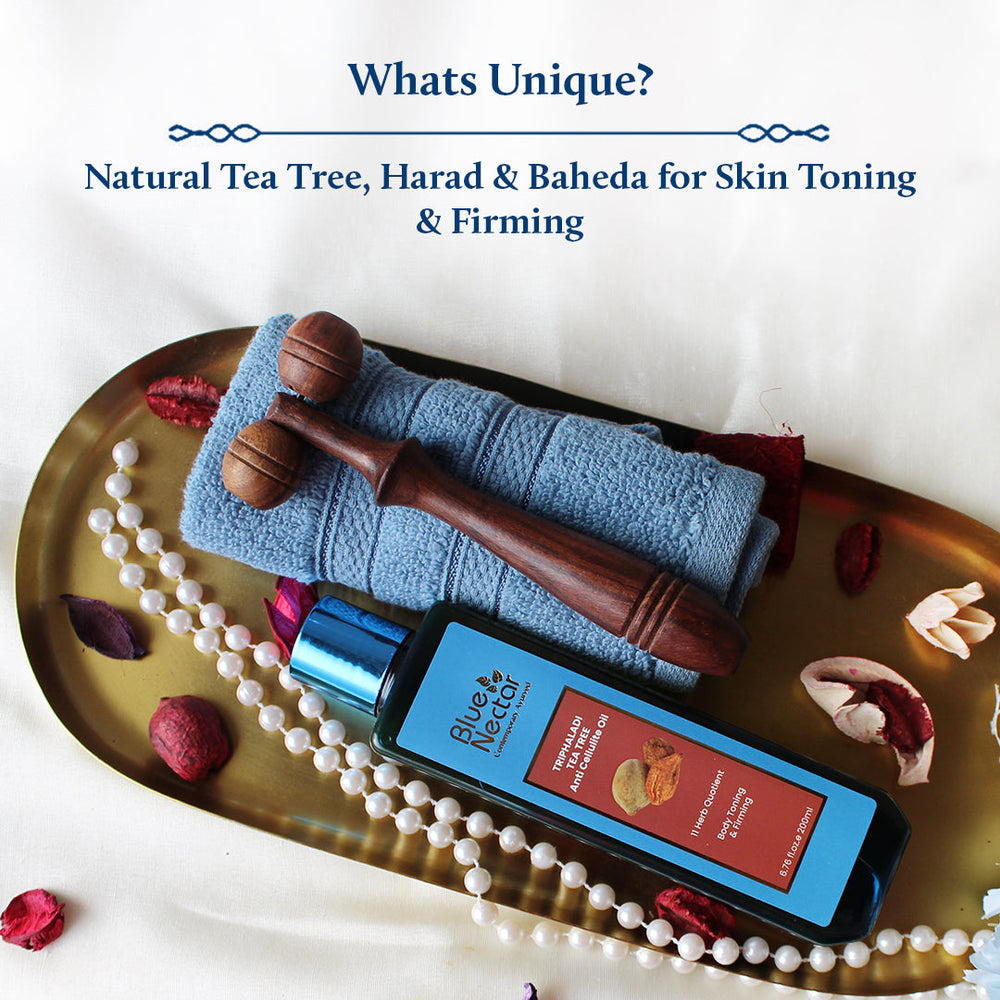
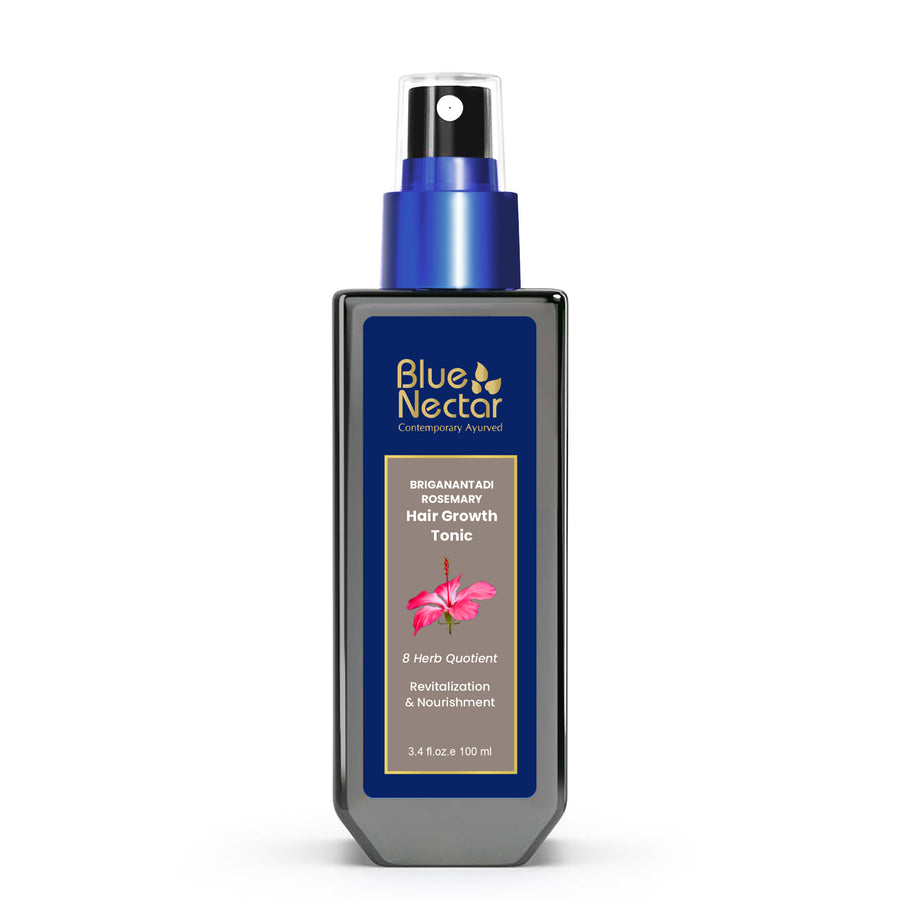
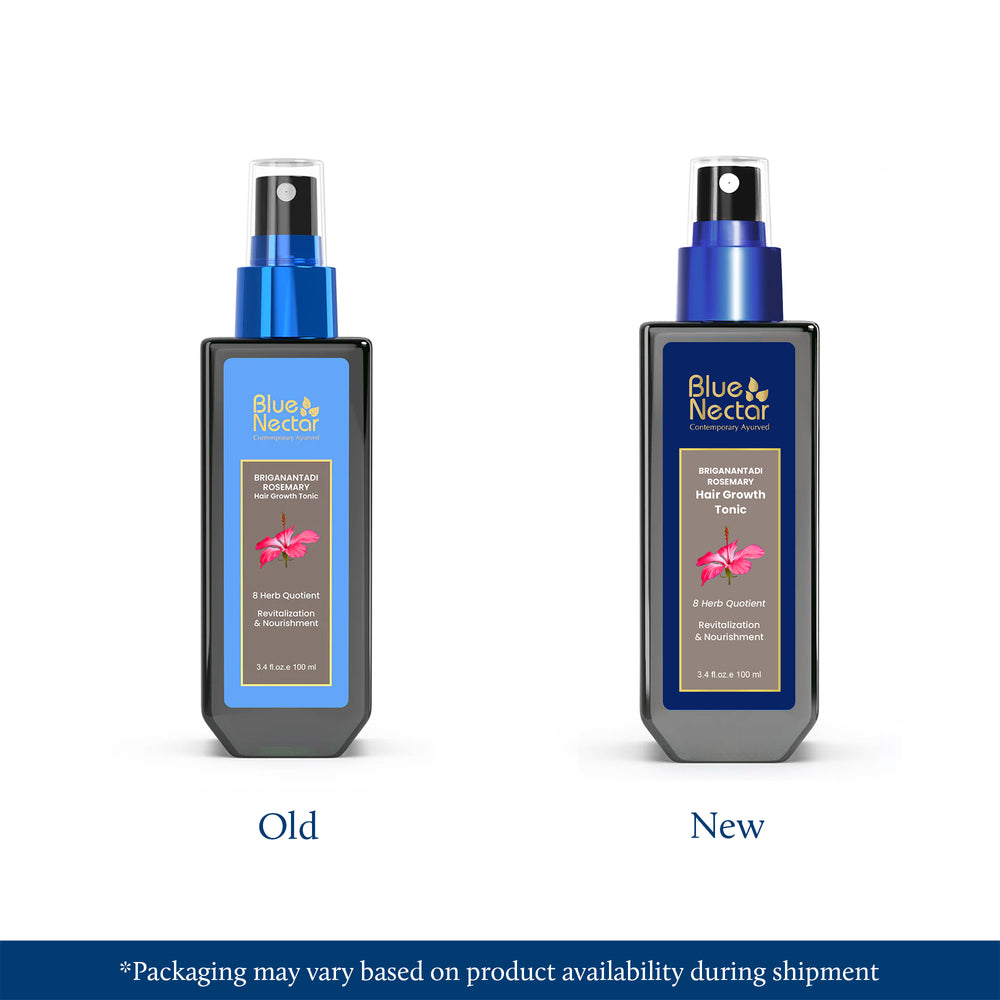
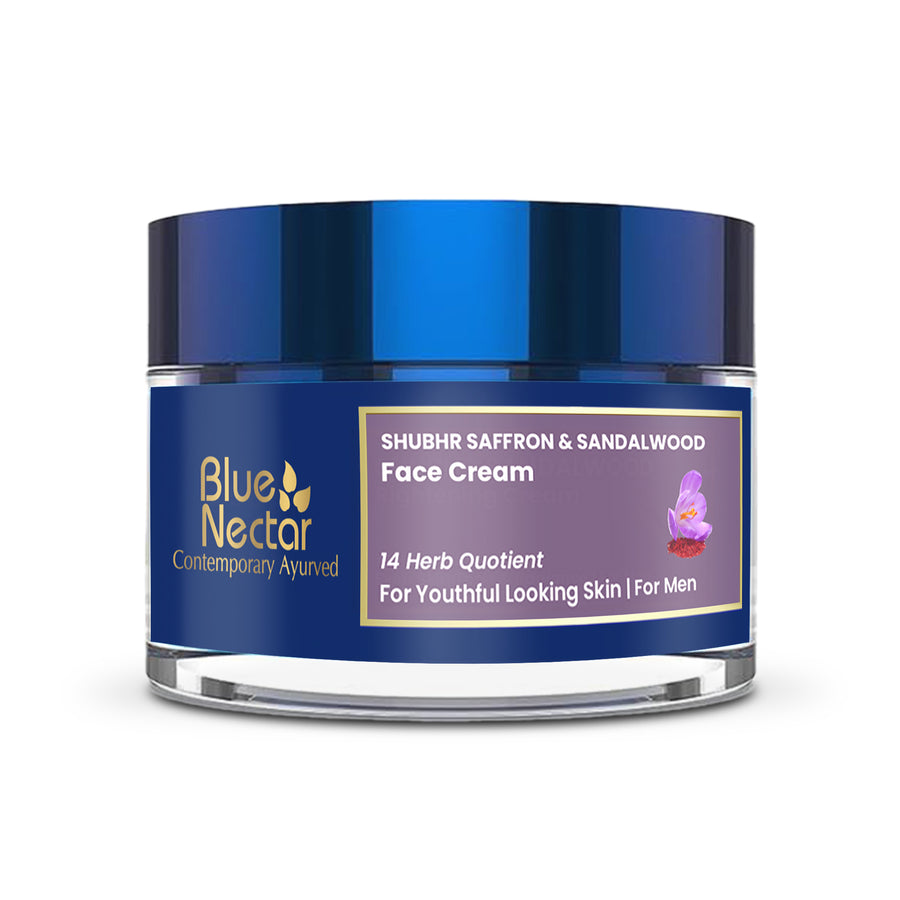
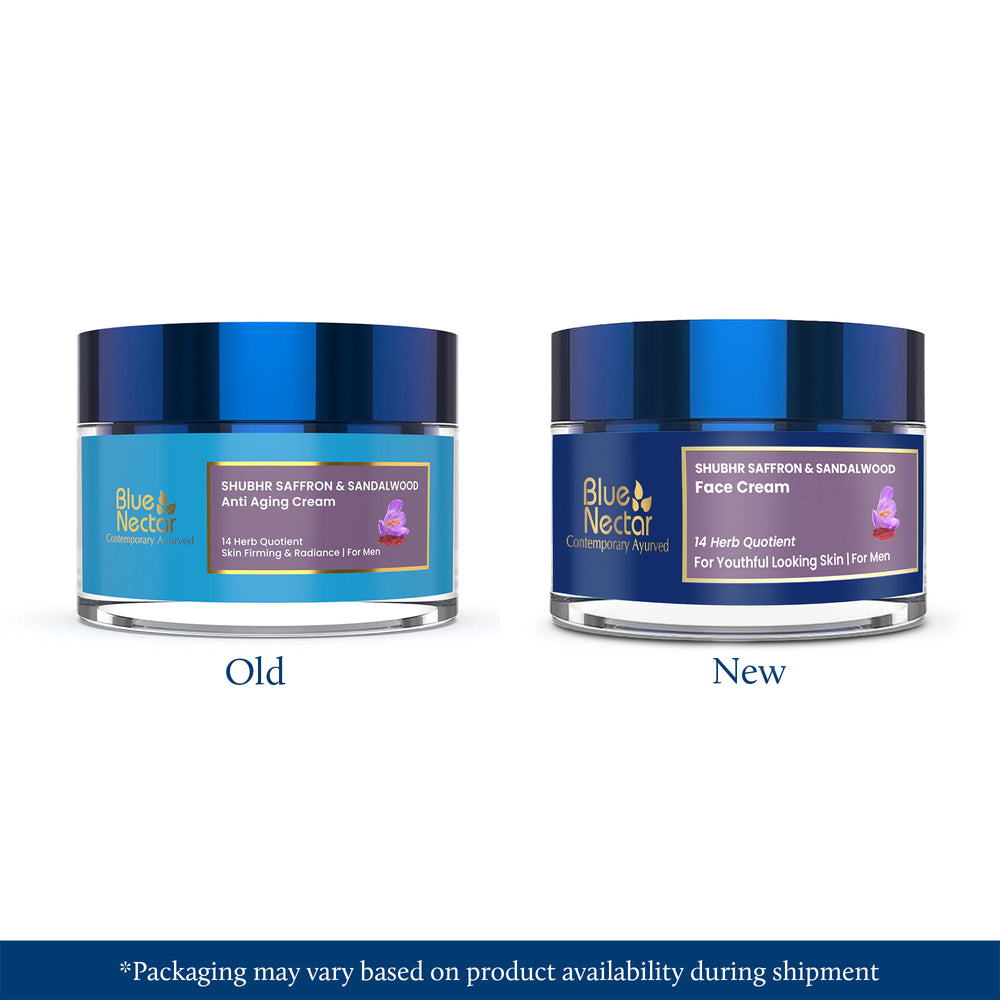
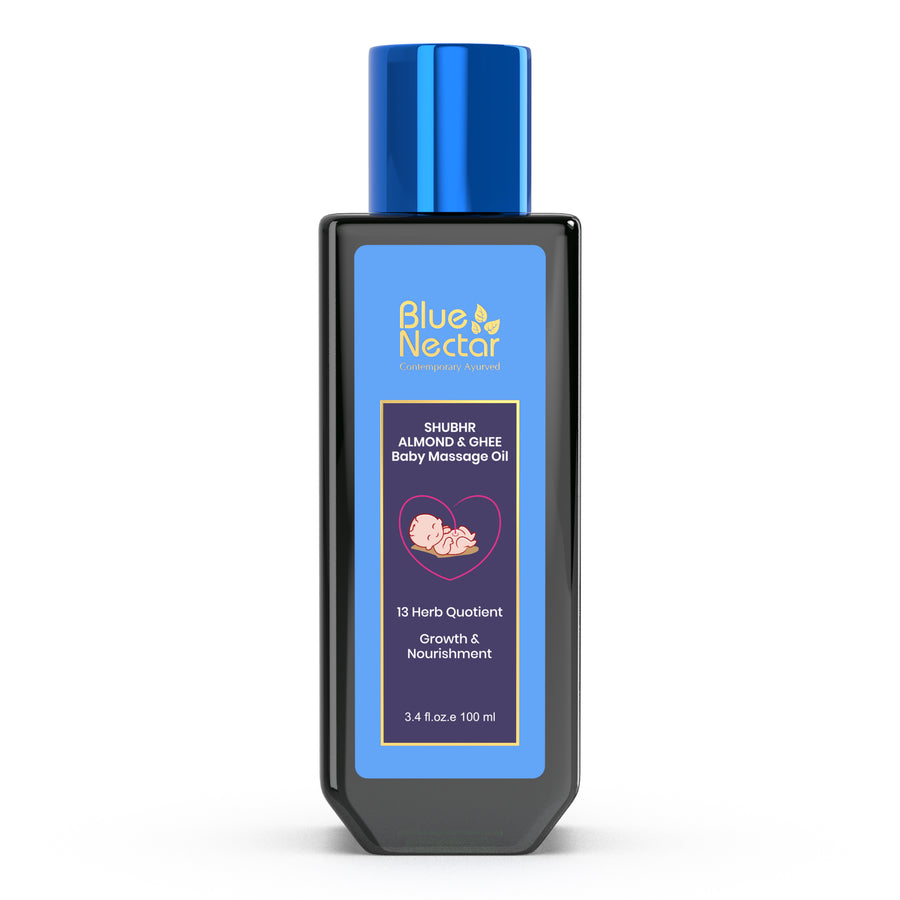
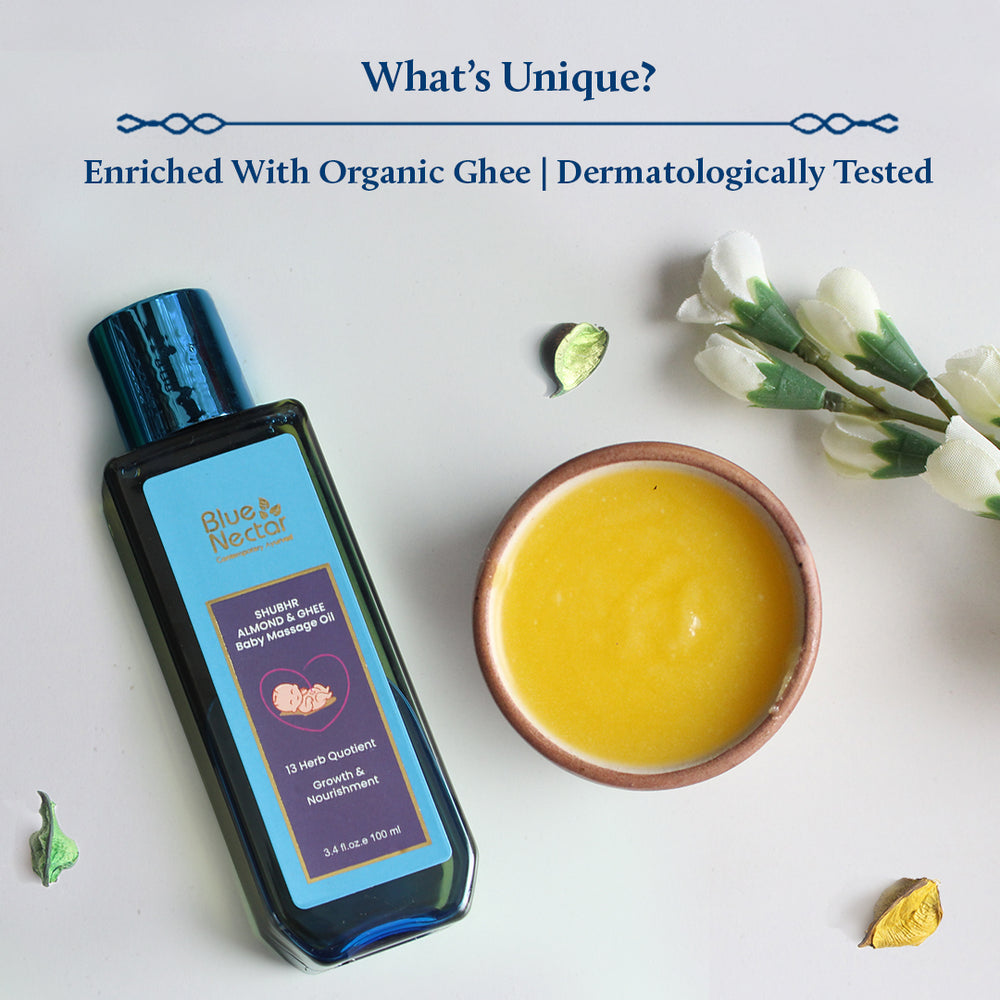
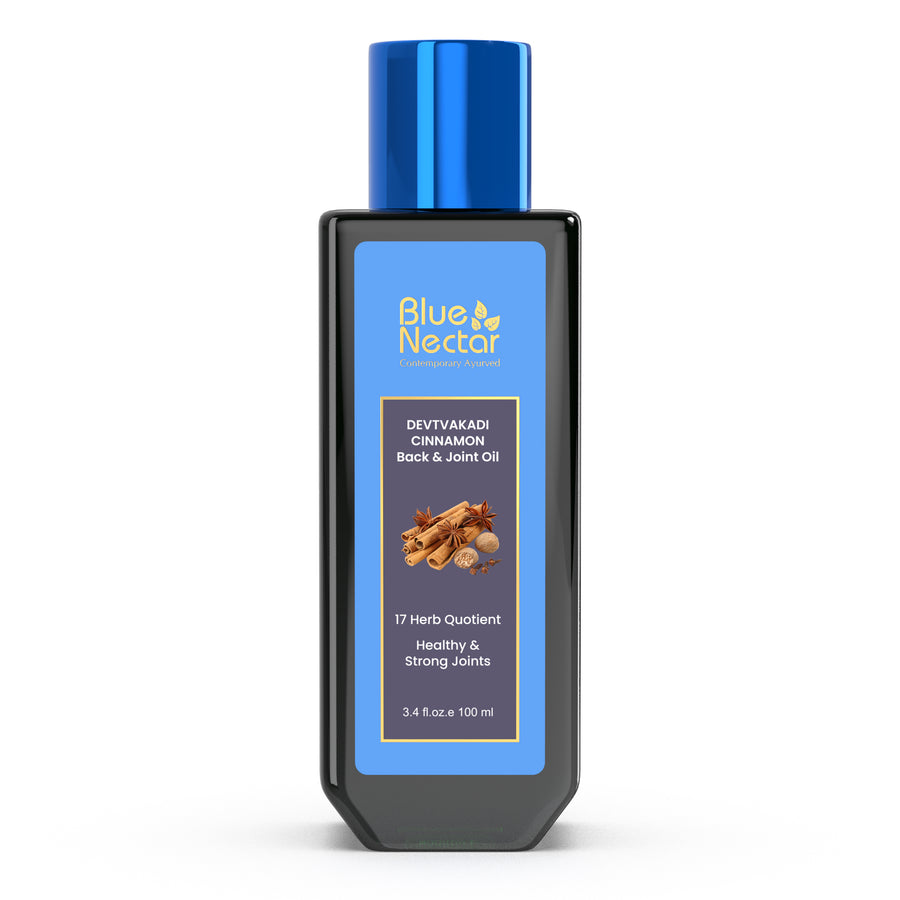
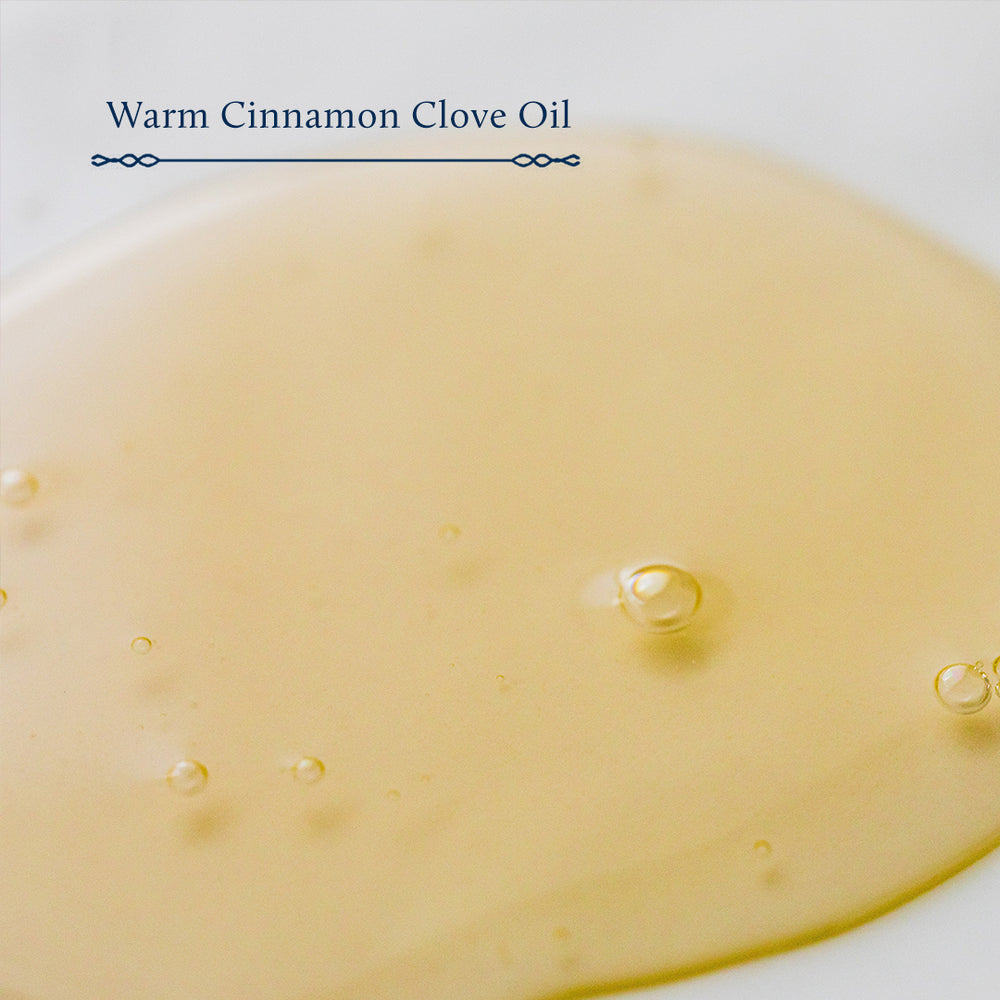
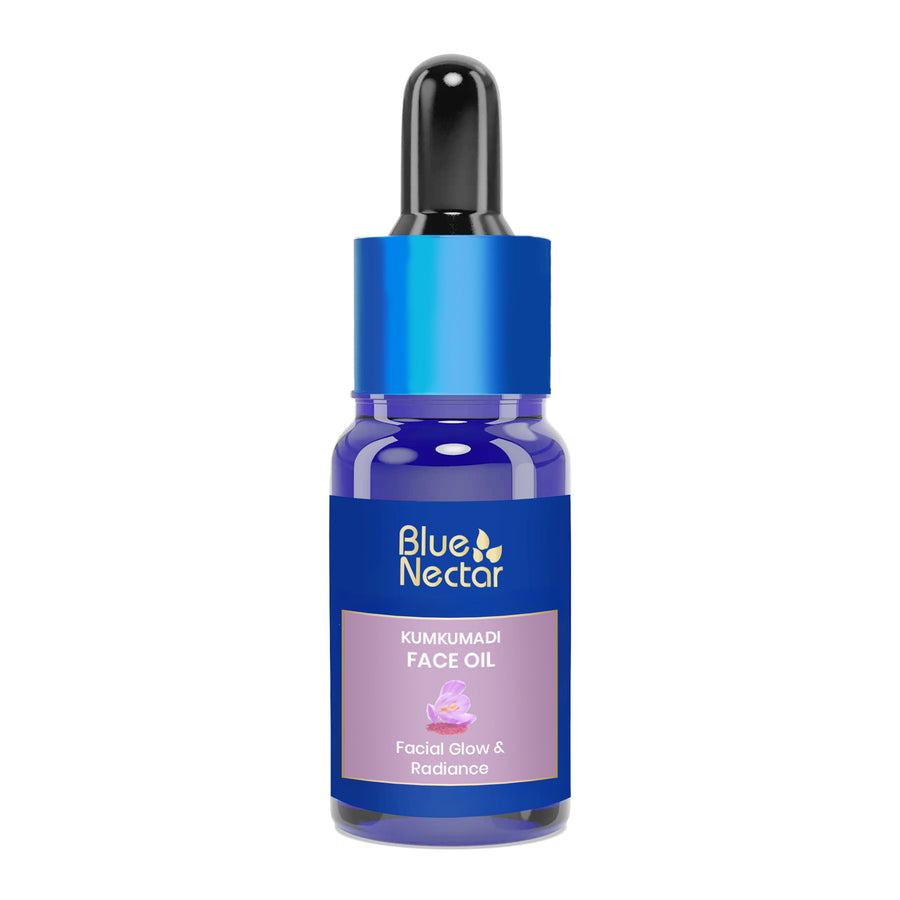
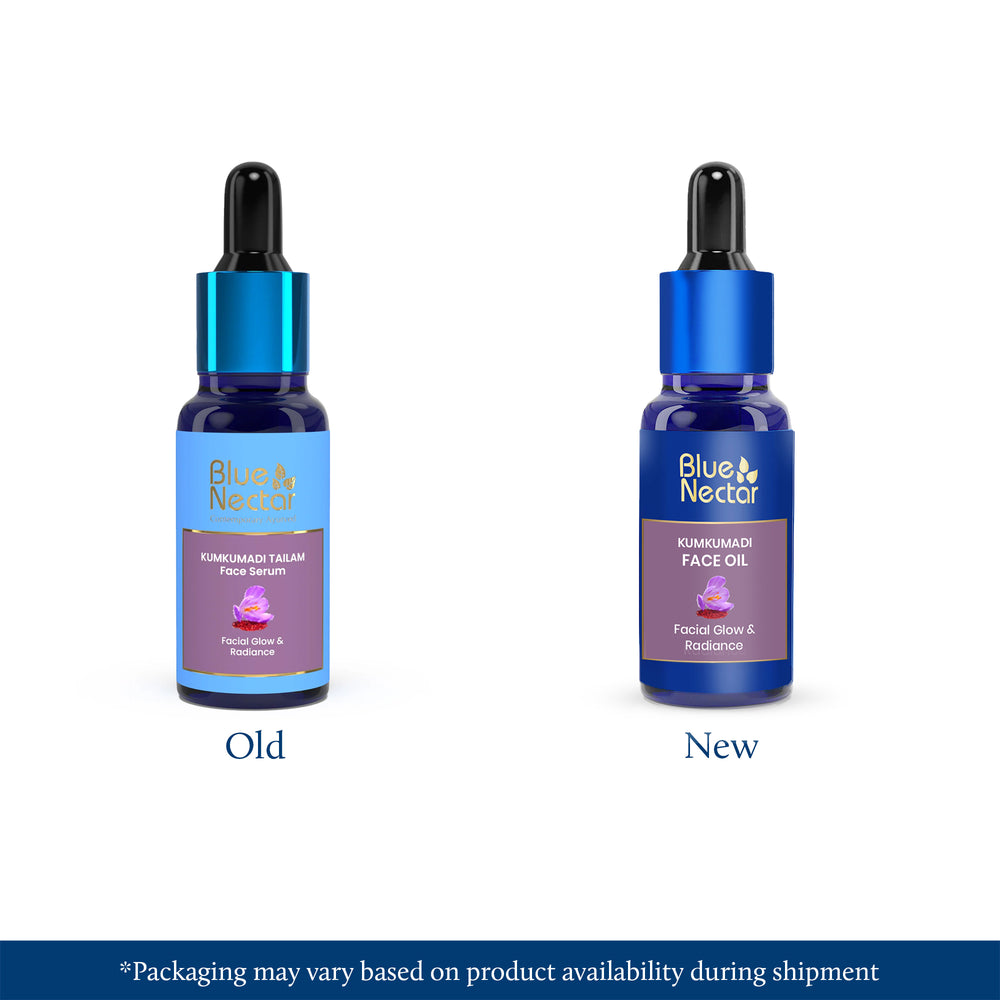
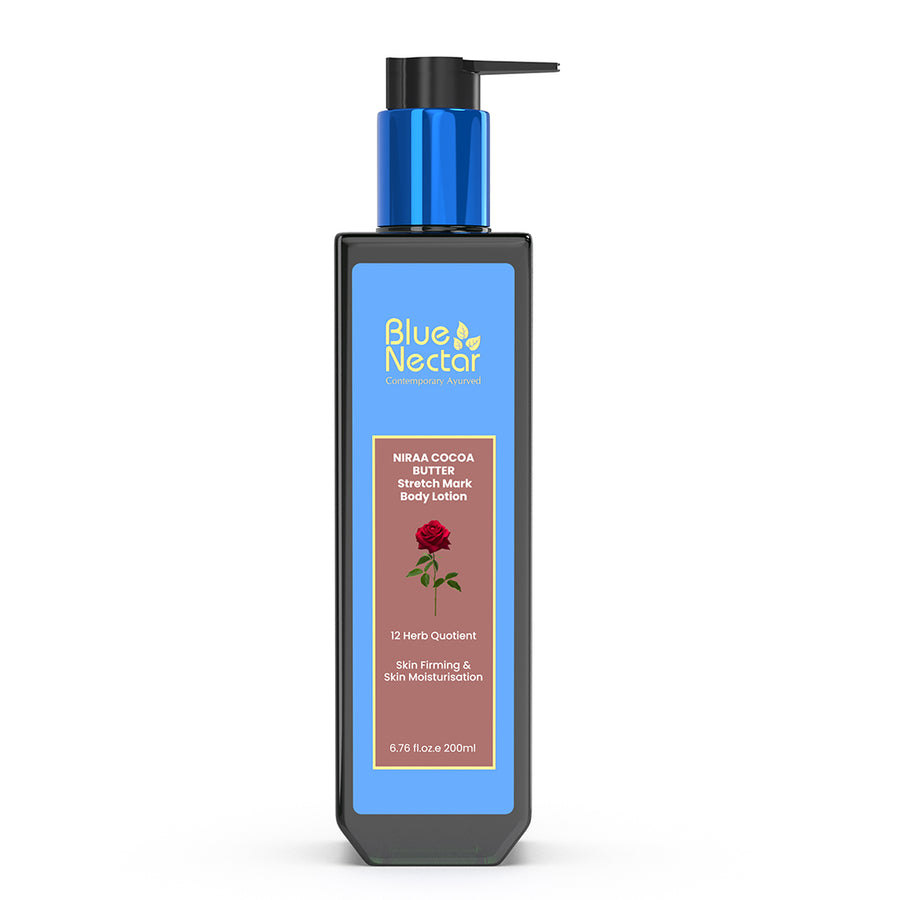
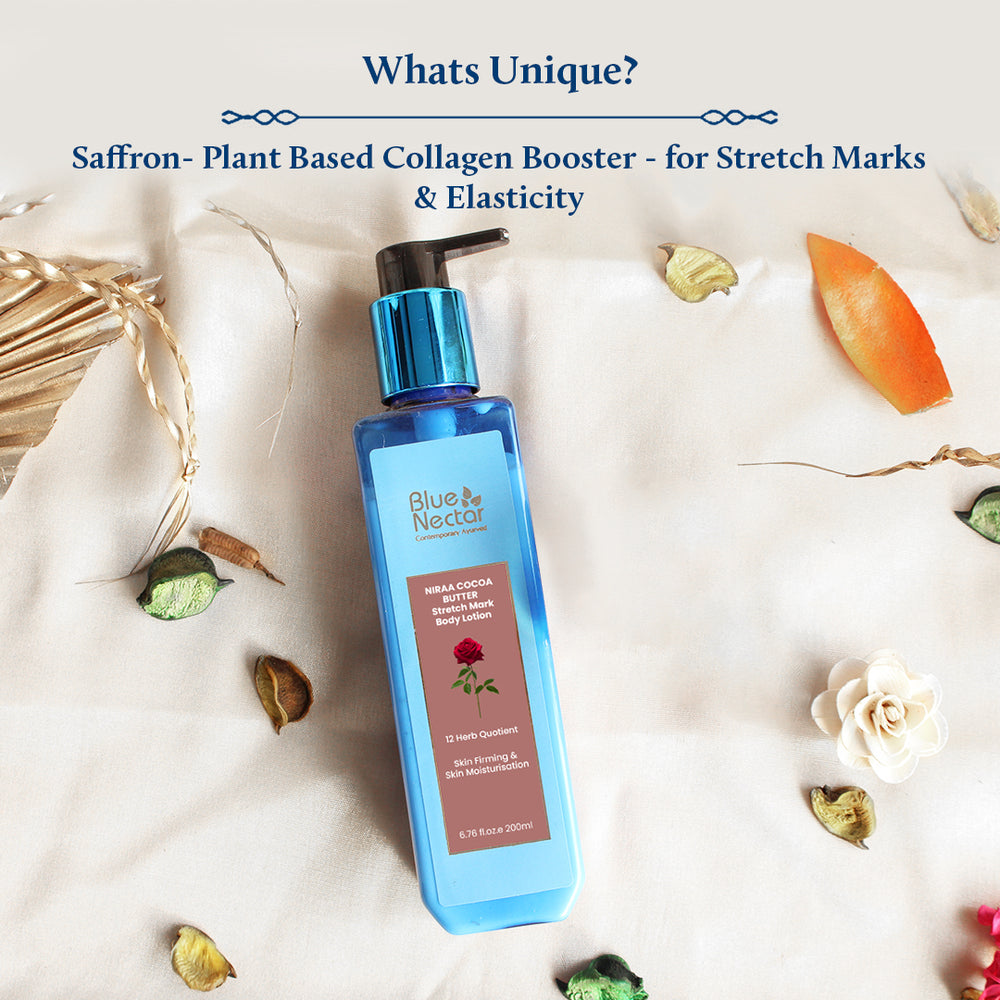
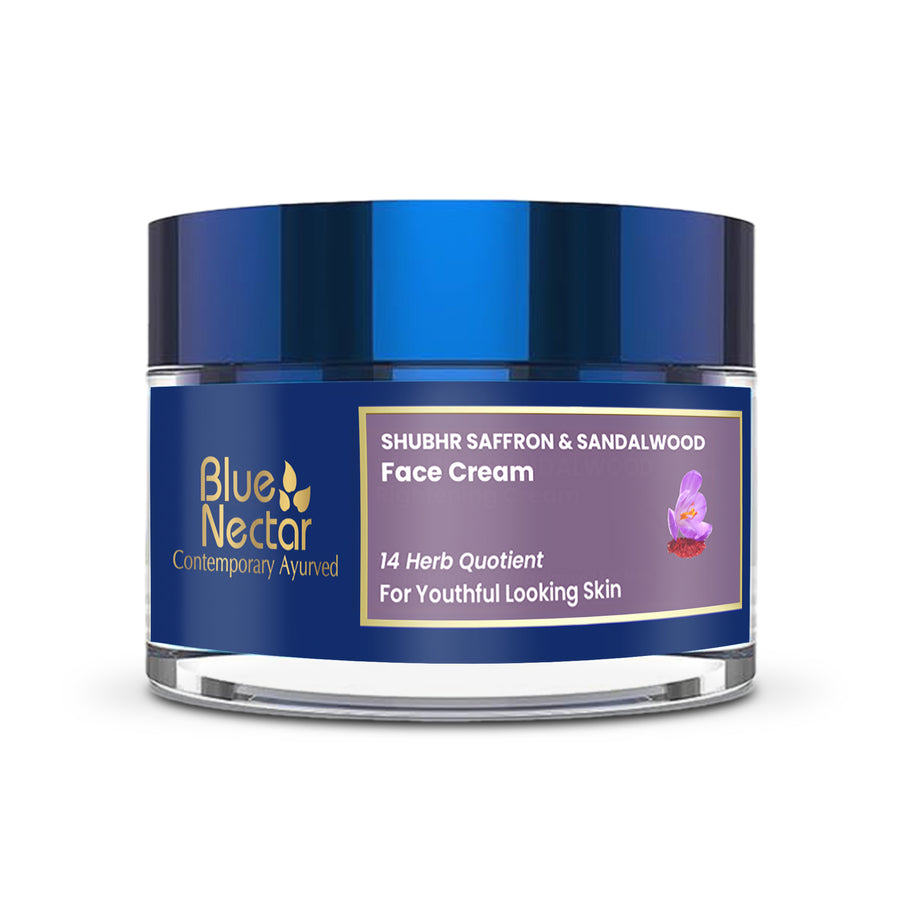
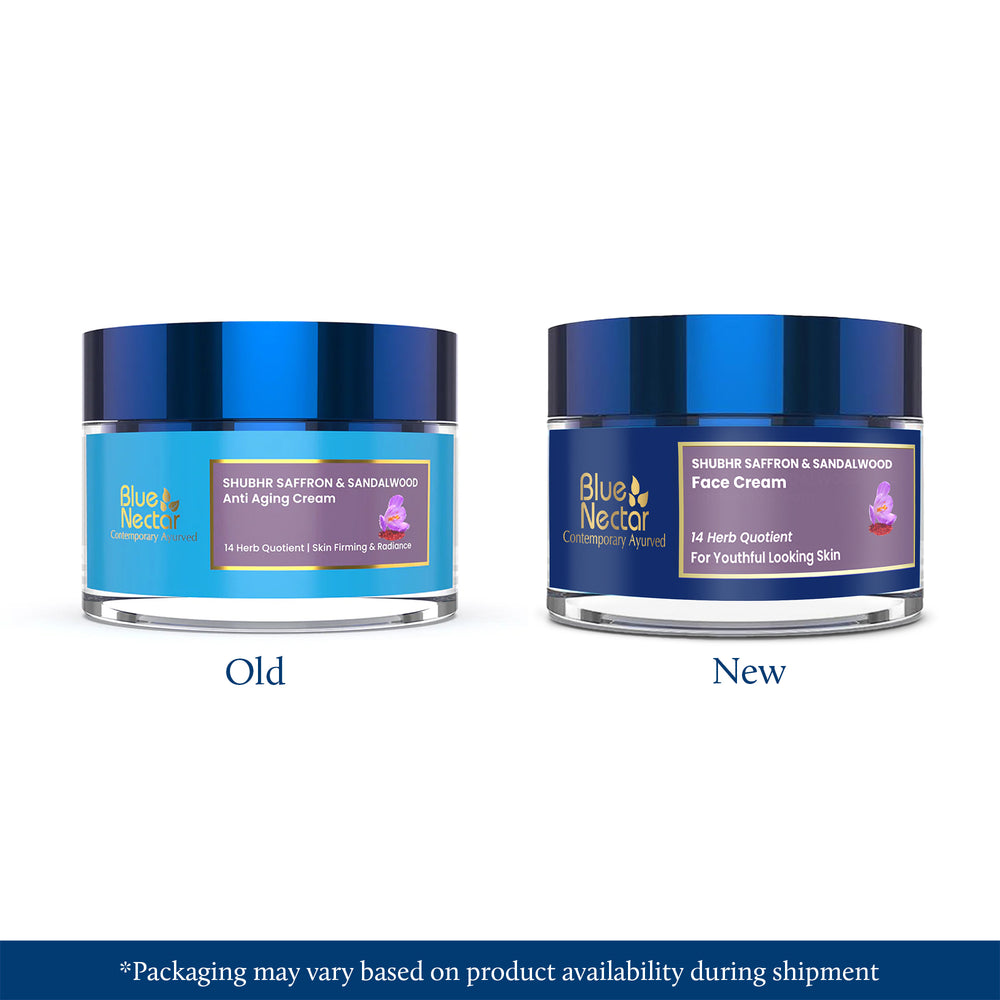
Leave a comment